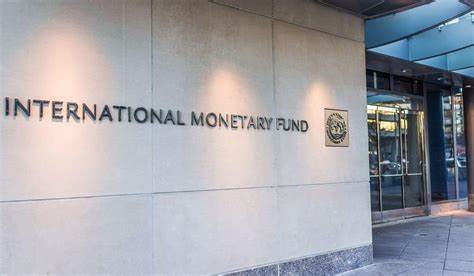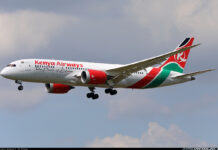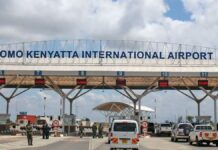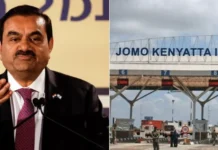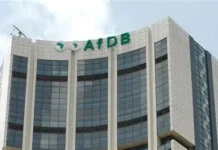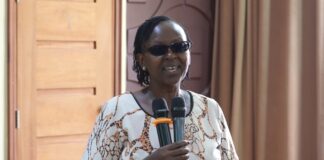Kenya has pushed for additional loan support from the International Monetary Fund (IMF) to cushion against shocks brought by the high-interest rate environment.
According to Central Bank of Kenya (CBK) Governor Patrick Njoroge, the additional support in resources will help the country offset deficits occasioned by its locking out from the international capital markets in the form of higher interest rates.
“We didn’t get all of this external resources that we were to get from the markets. We would require additional inflows which would help us right away. A doubling or tripling of access is something that should be put on the table,” he told a session at the IMF Annual Meetings in Washington DC on Thursday last week.
Dr. Njoroge says Kenya has submitted the proposal to the IMF but is frustrated by the slow pace of review.
Kenya has been unable to acquire external financing from commercial sources, including the issuance of sovereign bonds (Eurobonds) and syndicated loans at higher interest rates, as a result of wide swings in yields on issued Kenyan sovereign bonds.
“Financial markets have become dysfunctional. We have been shut from the capital markets as we are unable to borrow at appropriate rates,” he added.
Kenya missed out on issuing a Eurobond and a syndicated loan at prohibitive interest rates in the fiscal year ended June 2022, leaving a gap in its 2021/2022 budget financing.
Kenya is currently participating in a 38-month IMF program in which it will receive a total of Ksh.283.5 billion ($2.34 billion) by mid-2024.
The agreement was reached in February last year under the Extended Credit Facility (ECF) and the Extended Fund Facility (EFF) to address the next phase of Kenya’s COVID-19 response and reduce debt vulnerabilities.
The IMF completed the third review of the program in mid-July, with total disbursements for budget support currently standing at Ksh.146.4 billion ($1.208 billion).
Nonetheless, the CBK Governor is requesting additional and more timely disbursements from the IMF, referring to the current approach as “drip feeding.”
As global shocks persist, Kenya has backed international financial institutions (IFIs) to provide much-needed external financing.
Kenya has previously sought assistance from the World Bank Group through its development policy operations (DPO) program, in addition to the IMF.









